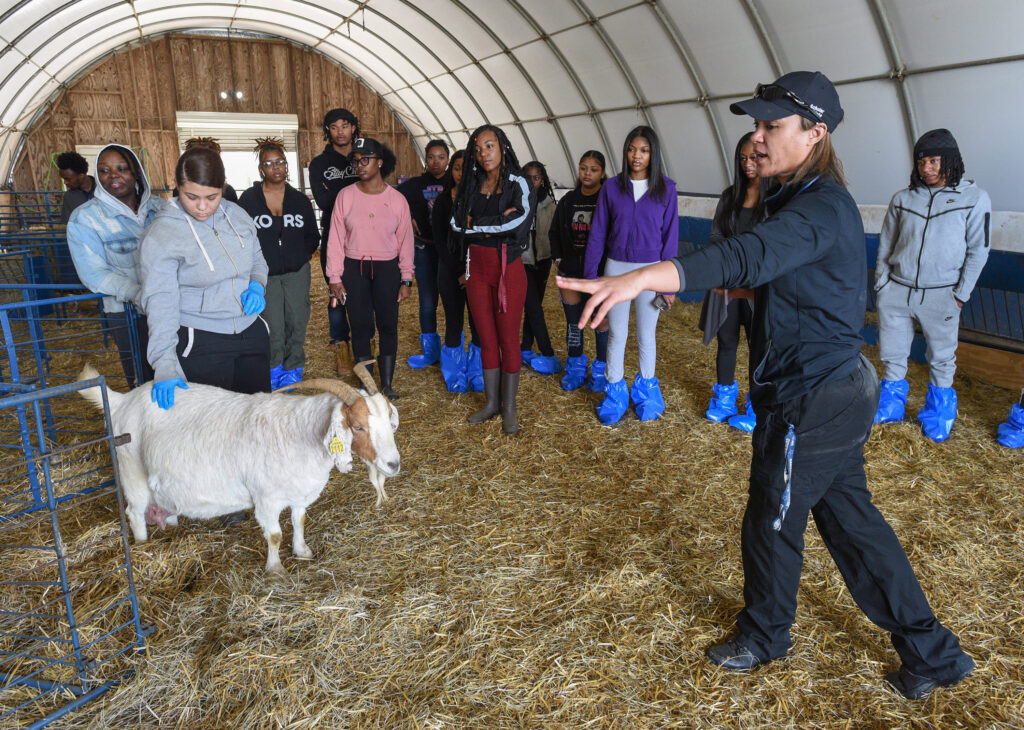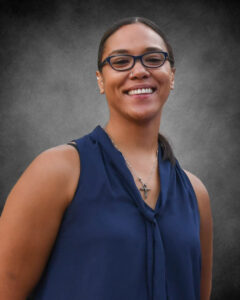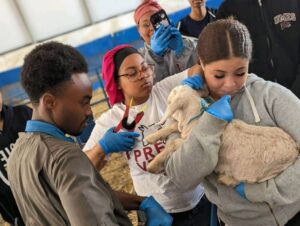Important Update Here!
A new School of Veterinary Medicine at the University of Maryland Eastern Shore is becoming a reality. The University System of Maryland Board of Regents announced Dec. 15 its approval for the program that will be the second veterinary school across the nation’s historically Black colleges and universities.
When the first anticipated students are accepted in fall 2026, it will also be Maryland’s first stand-alone program.
“Our new veterinary medicine school will help UMES fill an unmet need on the Eastern Shore and throughout the state,” said UMES President Dr. Heidi M. Anderson. “Deeply rooted in our 1890 land-grant mission, this program will enable us to serve farmers, the food industry and the 50% of Marylanders who own a pet. It will also increase both the diversity of the profession and address the workforce needs of the industry. We’re deeply grateful to the Maryland Board of Regents and for the widespread support this program has garnered.”
The timing could not be more appropriate, according to UMES’ Dean of the School of Agricultural and Natural Sciences Moses T. Kairo, who has helped lead the program from inception toward actualization.

“In terms of demand based on labor statistics, we are looking at 19% projected growth in the field over the next seven years,” Kairo said. “Black veterinarians make up only 3% of the population in this country, indicating a tremendous need to diversify the profession.”
Compared to traditional four-year programs, the proposed program calls for three-year completion. This “innovative approach” will allow UMES veterinary students to learn the same critical components found in existing programs but more expeditiously.
“Our goal is to use student time more effectively in order to graduate students a year earlier,” he said.
The program has been approved by the University System of Maryland Board of Regents and final approval by the Maryland Higher Education Commission is expected shortly, Kairo said. A consultative visit from the American Veterinary Medicine Association-Council on Education is expected to occur in the latter part of 2024.

The university is proceeding with advocacy, fundraising and planning for infrastructural developments, Kairo said, and an interim founding dean has been named. Dr. Kimberly Braxton, (at left) an assistant professor and veterinarian at UMES, will hold the post until a successful search for a permanent dean next year.
A UMES alumna (2007), Braxton has served as the pre-veterinary faculty advisor for the past five years, having started her career at UMES in 2018. She is also the IACUC attending veterinarian and is currently pursuing a master’s degree in lab animal science at Drexel University.
The monumental accomplishment of bringing a school of veterinary medicine to UMES is lauded not only by current and prospective students but by stakeholders.
Braxton said it has been a “collective unified front” advocating for the opportunity to help fill an ever-increasing demand for veterinarians on the Eastern Shore and throughout the state, particularly those of color. The state’s only veterinary program to date is the Virginia-Maryland College of Veterinary Medicine, stemming from a land-grant partnership between the two universities.
“If the COVID crisis has taught us anything, it is that the current number of veterinary schools cannot keep up with the increase in demand for veterinarians to handle the national shortage,” Braxton said. “The pandemic has also taught us that we have to be open to different styles of teaching this next generation of professionals. This new HBCU vet school aims to help move the needle in the right direction.”
Representation and inclusion, she said, are fundamental tools needed to resolve the shortage.
“Today’s students, particularly underserved, become passionate about a career because they see someone that look likes them in that profession being successful,” Braxton said. “Our mission is to mediate accomplishment of their dreams and ultimate success. If they choose to remain in the state to practice veterinary medicine, all the better.”

“UMES having a vet school would make me feel more confident about my future graduate school and career goals,” said Kaila Tyree-Castro, (far right) a second-year UMES pre-vet student from Prince George’s County. “It would provide a comfortable environment not having to move far from home and being able to stay connected to the HBCU community.”
Gail Stephens, agricultural communications, University of Maryland Eastern Shore, School of Agricultural and Natural Sciences, UMES Extension, gcstephens@umes.edu, 410-621-3850.
Photos by Todd Dudek, Ag Communications, University of Maryland Eastern Shore, School of Agricultural and Natural Sciences, UMES Extension, tdudek@umes.edu.

